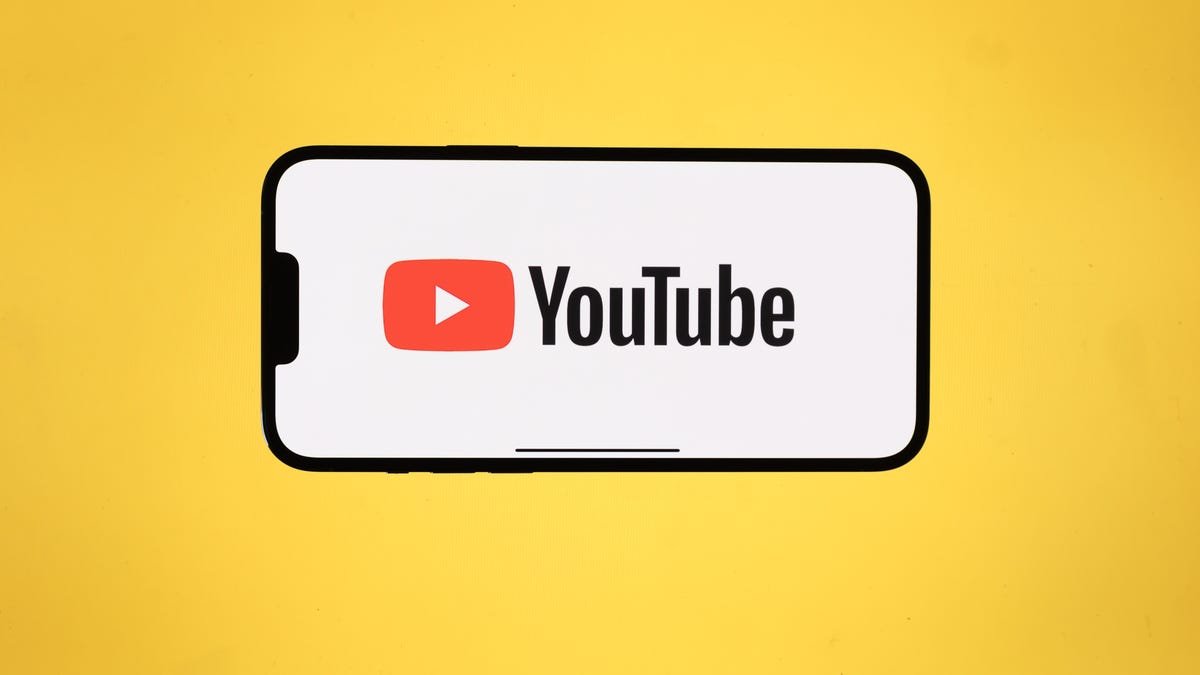YouTube Launches Video Program Creating a Pathway to Real College Credits
Using YouTube videos as a launchpad to Arizona State University virtual courses, people can work toward first-year college credit with little upfront cost.

YouTube is kicking off a series of online courses that can progress into earning official, transferable college credits, an initiative aimed at breaking down cost and accessibility barriers to higher education.
The program, called College Foundations, is an extension of YouTube's existing partnership with Arizona State University and educational video company Crash Course, which was launched by internet creators Hank and John Green. The partners have been posting college-related videos for nearly a year on the YouTube channel Study Hall, with nearly 42,000 followers.
Starting Tuesday, people can sign up for up to four courses on the Study Hall channel, which will begin on March 7. Collectively called College Foundations, the first four courses are English Composition, College Math, US History and Human Communication, which the partners said were selected for being among the most common elements of a first-year, general-education college curriculum. The College Foundations series is planned to expand to 12 courses by January 2025.
The videos in these courses on Study Hall are free to watch. If learners are interested in pursuing college credits, they can pay $25 to participate in full online courses mapped to those subjects offered by ASU, including direct interaction with other students and faculty. These formal coursework programs last seven weeks, and if students are unsatisfied with their grade, they can retake the $25 course again without penalty until they've earned the grade they want.
The highest price comes if students wish to unlock college credits. A credit free is $400 per course, though people who sign up before March 7 qualify for a "scholarship" price of $350 each. The amount may give some people sticker shock, but YouTube and its partners said it represents less than one-third the average course cost at a public four-year university for in-state students and is nearly 90% lower than the average course cost of a private four-year university.
More streaming advice
- 10 Ways to Save Money on Streaming
- How to Cut the Cable TV Cord in 2023
- See More at Streaming TV Insider
The credits can then be used at any institution that accepts ASU credits.
Ideally, the College Foundations program would also give learners confidence that they can handle college-level coursework -- and start earning credit toward a degree -- before committing to the greater expense and effort of applying for college, according to Katie Kurtz, the global head of learning at YouTube. As the series widens to 12 courses, students could accumulate "an entire full year of college credits before you've even had to apply," she added.
This extension of their partnership into transferable college credits heightens YouTube's ongoing interest in education. YouTube itself -- with more 2 billion monthly users and a tight connection to the world's most pervasive internet search engine -- is one of the most impactful sources of online information on Earth. YouTube CEO Susan Wojcicki, the daughter of a professor and a teacher, routinely touts YouTube as a educational resource.
"YouTube is where the world comes to learn," Wojcicki said in a statement about new program. "By partnering with ASU and Crash Course, we are excited to use our platform to give learners the tools they need to pursue higher education while also making the path more accessible and affordable."
Kurtz said none of the fees associated with the College Foundations credit-earning courses generate revenue for YouTube, and the Study Hall channel, which is a collaboration of ASU and Crash Course, doesn't have advertising. (Crash Course has its own YouTube channel, which does have ads; some Study Hall videos coexist on the Crash Course channel.)
She characterized the project as a product of more than four years working to figure out ways the informal learning that people glean from YouTube can be part of a pathway to more formal learning experiences, one where learners' acquired knowledge gets some external recognition. "This is one enhancement of many that you'll be seeing," she said.

